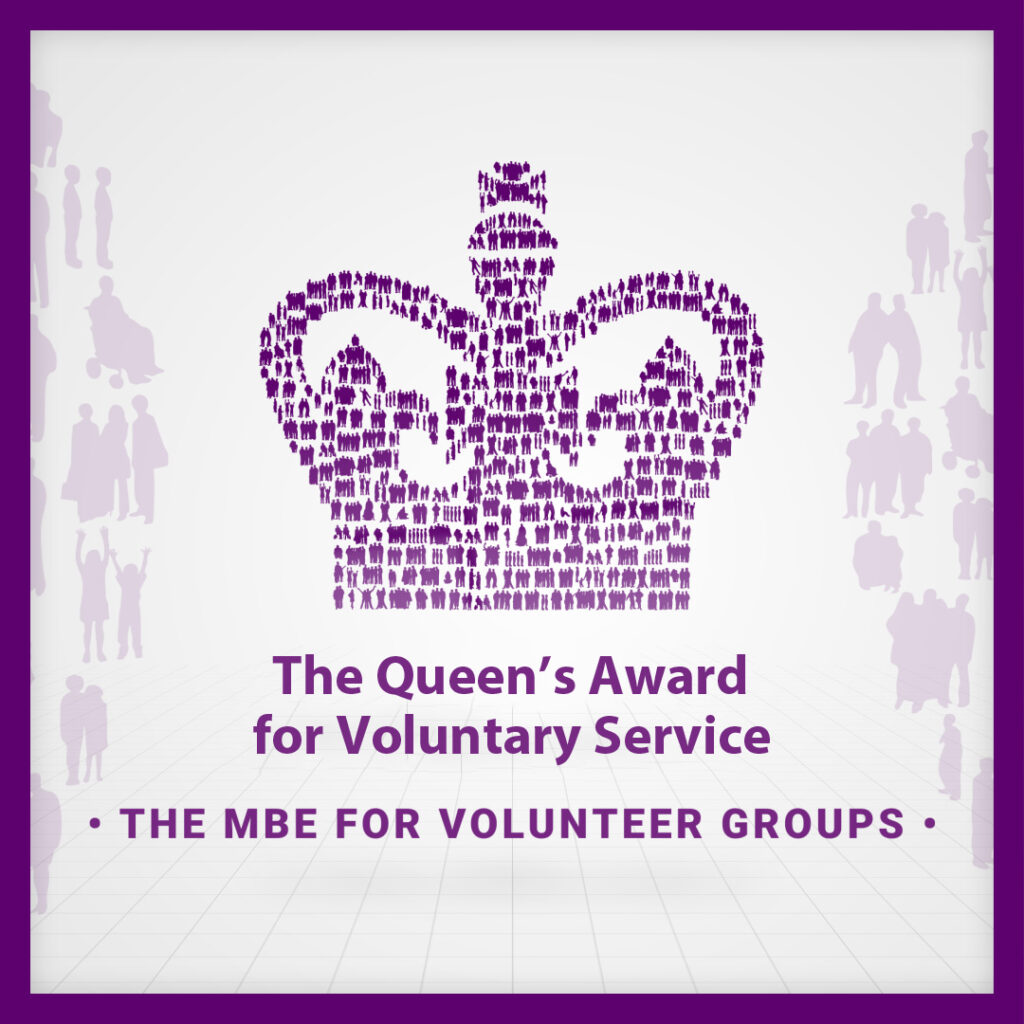The 22nd Schools Science Conference comprised the following exciting sessions:
- Welcome & Introduction
- Science for Experimentation – Young Scientists present their own work
- Science for Interaction
- Science in Practice – A to D
- Science in Practice – E and F
- Ethics and Genetics
- Science for Inspiration
- Keynote speech
- Round-up & Prize Giving
Science in Practice – A to D, E and F
Interactive Exhibits
Meet the Scientists and Healthcare Professionals
Hands-on interactive sessions where you meet scientists, try out some scientific equipment, undertake scientific assessments, answer questions for prizes and learn how science is applied to healthcare.
AND don’t forget to ask scientists what they do and why they love their jobs.
Ethics and Genetics
Interactive Workshop
Presented by science4u
Join us for an exciting adventure with Kimberly Gilmour and Stuart Adams as we explore ethics around genetics and gene therapy.
Following an opening talk, get ready to dive into lively discussion groups led by experienced facilitators, where we’ll dissect and question what we’ve learned. You’ll be urged to share your own insights, sparking a vibrant exchange of ideas that will reshape the complex landscape of ethics and genetics.
Each group will share their thoughts with a comprehensive summary, capturing the essence of our collective insights.
Lead Facilitators: Kimberly Gilmour and Stuart Adams
Great Ormond Street Hospital,
Chairs of science4u
Don Henderson Award
Competition
Young Scientists present their own work
Prior to today’s event we asked you to undertake a research project that you will present to the other schools in your group.
All presentations will be competing for the Association for Laboratory Medicine Trophy
for the Don Henderson Award.
The award will be presented at the end of the day.
Astrobiology
and searching for bacterial life on Mars
Keynote Speaker
Prof Lewis Dartnell
Astrobiology is a brand new field of science, encompassing research into the origins and limits of life on our own planet, and where life might exist beyond the Earth. So what sort of life might there be on Mars, and how do we hope to find it?
Prof Lewis Dartnell is a research scientist, presenter and author based in London.
“I graduated from Oxford University with a First Class degree in Biological Sciences and completed my PhD at University College London in 2007. I now hold the Professorship in Science Communication at the University of Westminster. My research is in the field of astrobiology and the search for microbial life on Mars. I am very active in delivering live events at schools and science festivals, working as a scientific consultant for the media, and have appeared in numerous TV documentaries and radio shows. I have won several awards for my science writing and outreach work. My most recent book, BEING HUMAN: How our Biology shaped World History came out in June 2023 and was a Waterstones Book of the Year.”
Professor Lewis Dartnell
Department of Life Sciences, University of Westminster





